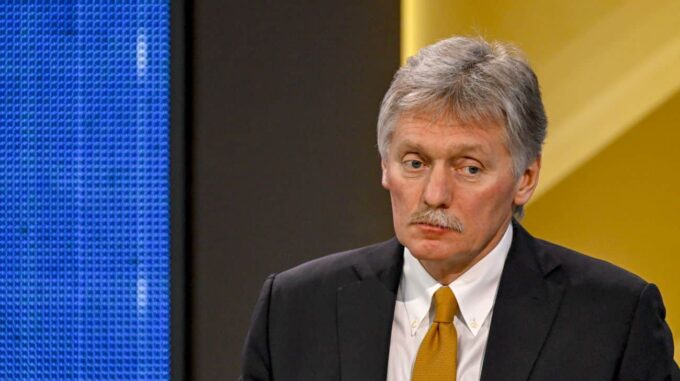The Kremlin is once again considering the possibility of declaring a prolonged ceasefire, adopting a cautious and measured approach in this regard

Official representatives of the Russian authorities have stated their intention to carefully consider the proposal put forward by Ukraine, the European Union, and the United States — the idea of a 30-day indefinite ceasefire aimed at stabilizing the situation in Ukraine. Kremlin spokesperson Dmitry Peskov noted in a comment to CNN that the Russian side is fundamentally examining this proposal but has not yet given a final response. He initially accused the Ukrainian side of allegedly not supporting the three-day "temporary ceasefire" announced by Russia, which, according to the Ukrainian General Staff and Ukrainian authorities, was not adhered to by the Russians. Responding to questions about the new 30-day initiative, Peskov said, "We need to think about this; these are new circumstances. We have our own position." At the same time, he emphasized that Moscow is supposedly ready for negotiations and dialogue to resolve the conflict in Ukraine, appreciates the efforts of international mediators, and expressed gratitude to the Donald Trump administration for its support. The Russian spokesperson also rejected any attempts at international pressure on Moscow, noting that the situation is complicated by misunderstandings and the difficulty of finding compromises required for peace. Simultaneously, the Kremlin stressed that any actions regarding a ceasefire must have certain conditions and restrictions, and believes it is too early to make a final decision. Reflecting on the history of negotiations, it should be noted that Dmitry Peskov previously outlined Russia's demands to the US and the European Union: to cease supplying weapons to Ukraine, as Moscow believes that the increase in military assistance from the West contributes to escalation of the conflict and complicates the peace process. After the conclusion of the "Decisive Coalition" summit on May 10, a demand was issued to Russia: starting from May 12, Moscow must unanimously and unconditionally declare a 30-day ceasefire. The relevance of this decision is seen in attempts by the international community to reduce tensions, while also warning of possible increased sanctions against Russia in case of refusal to take such a step. The Russian side rejects any conditions regarding the ceasefire, including demands related to stopping the supply of weapons to Ukraine. According to Peskov, it is currently important to focus on creating conditions for genuine dialogue, while the global community emphasizes that without clear agreement from both sides on fundamental principles, the process of moving toward peace is unlikely. Therefore, the question of a possible prolonged ceasefire remains open for now, and its final decision lies in the hands of the Russian side, which is cautiously studying the efforts of international partners and the positions of other conflict participants.

